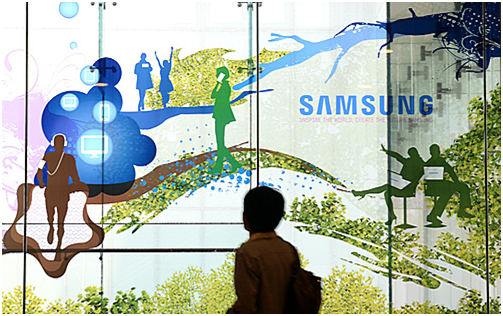Samsung Electronics to Provide 39.6 Bil. Won to Support 31 Research Projects

Samsung Electronics has selected 31 research projects eligible for grants from the Samsung Science & Technology Foundation.
Samsung Electronics announced on Oct. 6 the list of the research projects that it will fund through the Samsung Science & Technology Foundation starting the second half of 2020.
A total of 31 projects (15 in the basic science sector, seven in the material sector, and nine in the ICT sector) have been selected this time. The company will provide a total of 39.63 billion won to these projects.
Including the projects selected this time, Samsung Electronics has provided a total of 812.5 billion won to fund 634 projects — 216 in basic science, 206 in materials and 212 in ICT, since 2013.
The 15 projects chosen in the field of basic science included five in mathematical science, four in life science, four in chemistry and two in physics. In particular, many of the selected tasks aim to provide a new interpretation of existing hypotheses or present new methodologies to identify the basic principles of physiology and natural phenomena.
In the field of materials, Samsung Electronics will support a total of seven projects will be supported not only in medical-related fields such as cell therapy but in fields that can contribute to strengthening the competitiveness of major industries such as semiconductors, displays and batteries based on cutting-edge technology.
In the ICT sector, a total of nine projects were picked up in the field of healthcare including research on future core technologies such as pedestrian robot control and next-generation diagnosis equipment for retinal diseases.
Samsung Electronics has invested 1.5 trillion won since 2013 to foster and support science and technology research in fields that will determine the future of Korea.
The Korean tech giant selects projects to support in the basic science, materials, and ICT fields in the first and second half of every year, and supports research by designating future technology fields that need national support through the Designated Theme Project Contest held once a year.